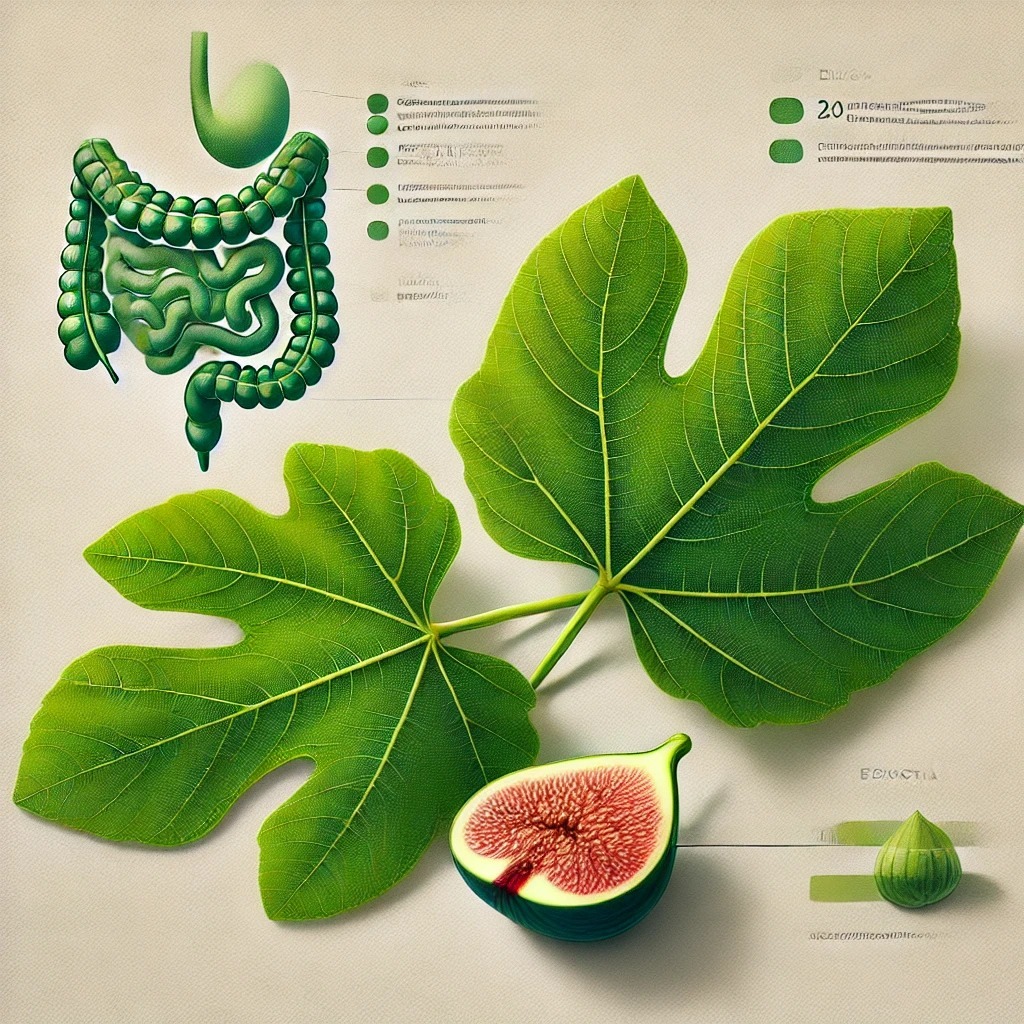7. Alleviates Respiratory Issues
Fig leaves have been traditionally used to treat respiratory conditions such as bronchitis and asthma. The leaves act as a natural expectorant, helping to clear mucus from the lungs and alleviate coughs. Drinking fig leaf tea during cold and flu season can provide relief from respiratory symptoms and support overall lung health.
8. Reduces the Risk of Cancer
The antioxidant properties of fig leaves extend to their potential role in cancer prevention. By neutralizing free radicals, fig leaves may help protect cells from the DNA damage that can lead to cancer. Some studies suggest that the bioactive compounds in fig leaves can inhibit the growth of certain types of cancer cells, making them a valuable addition to a cancer-preventive diet.
9. Promotes Liver Health
Fig leaves have been shown to support liver health by helping detoxify the body and reduce liver enzymes associated with inflammation and liver damage. Regular consumption of fig leaf tea may assist in maintaining optimal liver function, particularly in individuals with liver conditions or those exposed to toxins and environmental pollutants.
10. Relieves Ulcers and Digestive Disorders
The anti-inflammatory and healing properties of fig leaves make them effective in treating ulcers and other digestive disorders. The leaves can help soothe the stomach lining and promote the healing of ulcers, providing relief from symptoms such as pain, bloating, and indigestion. Drinking fig leaf tea on a regular basis can be an effective natural remedy for maintaining digestive health.
How to Make Fig Leaf Tea
ADVERTISEMENT

